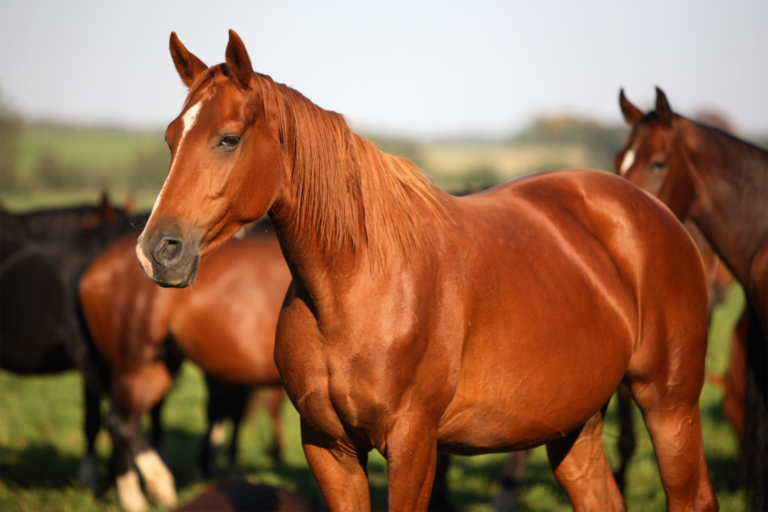
The horse will always be the most important consideration. This goes for any and every race. A poor or underperforming horse will not be fixed or supplemented by any amount of human effort.
Establishing the quality of the horse means following that horse closely over an extended period of time. And since a horse’s record is just about the most accurate tell-tale of what that horse is capable of achieving on the track, the value and importance of the bettor’s own record-keeping efforts cannot be stressed enough.
Once a horse’s record has shown him to be a reliable bet, the following should be studied for formulating a bigger picture.
Horses Can Become Tired Too
Even though no two sets of conditions will ever be precisely the same, be that related to races, track conditions, physical keep, the influence of jockeys, weather conditions, or whatever else happens to be playing its part on the day, its not difficult to spot a bad horse. And a “bad” horse is usually a tired horse.
Not only should a horse be properly warmed up before any race, not unlike how humans need warm-up sessions before competing in sports, but horses should also be regularly rested. Horses need rest too, just the same as how humans do. A tired horse will eventually become a physically depleted horse. Always be on the look-out for signs of exhaustion before betting on a race.
Mind That Temperament
Because of the noise and number of distractions typically present at a horse racing track, racing can be taxing on the temperament of a horse. In order for any horse to perform at peak, they need to be of a calm temperament.
By the same logic, a horse that seems to lively or frisky should not be understood to be a quick-footed top performer. Horses that are too lively, often to the point of appearing restless to the naked eye, typically find it difficult to retain focus when racing around a track. For this reason, a horse with a calm nature and relaxed physical demeanour will nearly always be a better choice for betting on.
Beginner bettors often report struggling with determining the temperament of horses on race-day. This requires nothing more than practice, and when done regularly, soon becomes something of a second nature.
Past Performances
When it comes to cultivating a winning horse, there’s no substitute for actual competitive racing. Training is obviously of utmost importance too, but to the bettor trying to decide which horse to bet on, past competitions can provide a lot of insight.
The rule of thumb is this: whatever a horse has done (how the horse has performed) in the past year will show what he can do and achieve, but what a horse has done in the last two months will tell us what he’s likely to do today.
Becoming successful at telling a good horse from a great prospect requires practice – trial and error, even. But sticking at it will always pay in the end.

